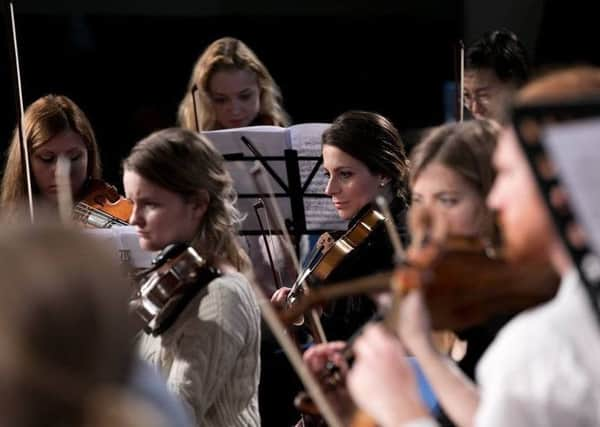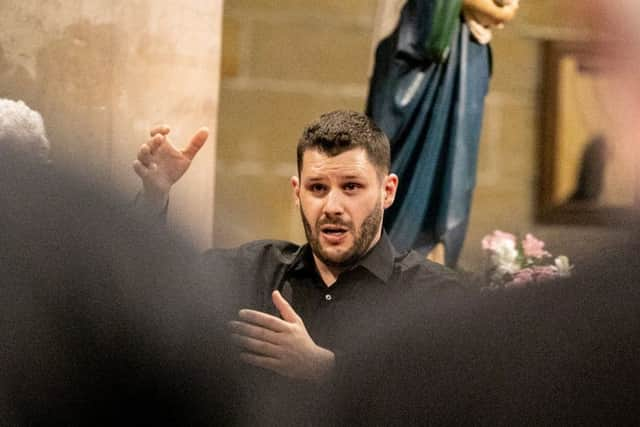An outing to Rye for Hastings Philharmonic


The acoustic in St Mary’s Church suits a baroque orchestra well and placing it essentially within the nave rather than wholly under the tower enhanced its impact.
The evening was founded not just on Mozart but on his lifetime relationship with G minor. Though the Piano Concerto No17 is in the major it regularly dips into the minor and formed a formidable pair with the great G minor symphony.
Advertisement
Hide AdAdvertisement
Hide AdKenny Broberg, winner of the 2017 Hastings International Piano Competition, was the soloist, opening with a hard-edged almost aggressive approach in the first movement. In the second he brought out the introspective, searching quality of the score to fine effect, before cheering up considerably for the rustic dances of the finale.


The rest of the programme was familiar to those of us who are regular supporters of Hastings Philharmonic. Philip O’Meara’s Flacubal was first heard in March this year and was being given in a revised form. Much as I enjoyed its original outing this performance seemed crisper, with a light, bright opening – at times almost playful in its rapid melody making. The deep romanticism of the slow movement gives way to the as fast as possible of the finale and creates a virtual concerto part for the lead violin – splendidly played on this occasion by Emil Chakalov.
This led into Mozart’s Symphony No40 - the great G minor - with all the tension and passion the score requires. The great benefit of small forces is that the balance can be finely honed while the tempi need not drop. There is a constant clash between the beauty of the musical line and the tension created within the harmonic structure. Mozart’s late works are forever challenging in this way and prefigure the subsequent development within the early nineteenth century. Bassoons were particularly impressive on this occasion and the rasp of the horns brought excitement to the concluding bars. Marcio da Silva handles his forces with great skill, shaping musical lines to beautiful effect and splendid impact within the warm and sympathetic acoustic.
The Autumn-Winter season brochure is now available and on line at www.hastingsphilharmonic.com. By Brian Hick.